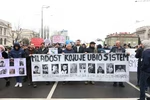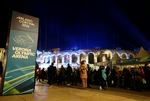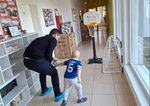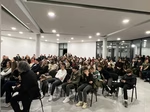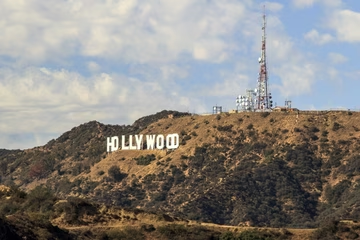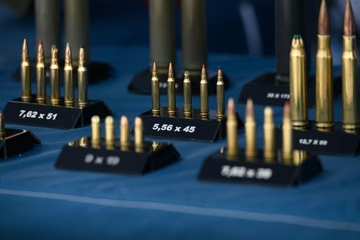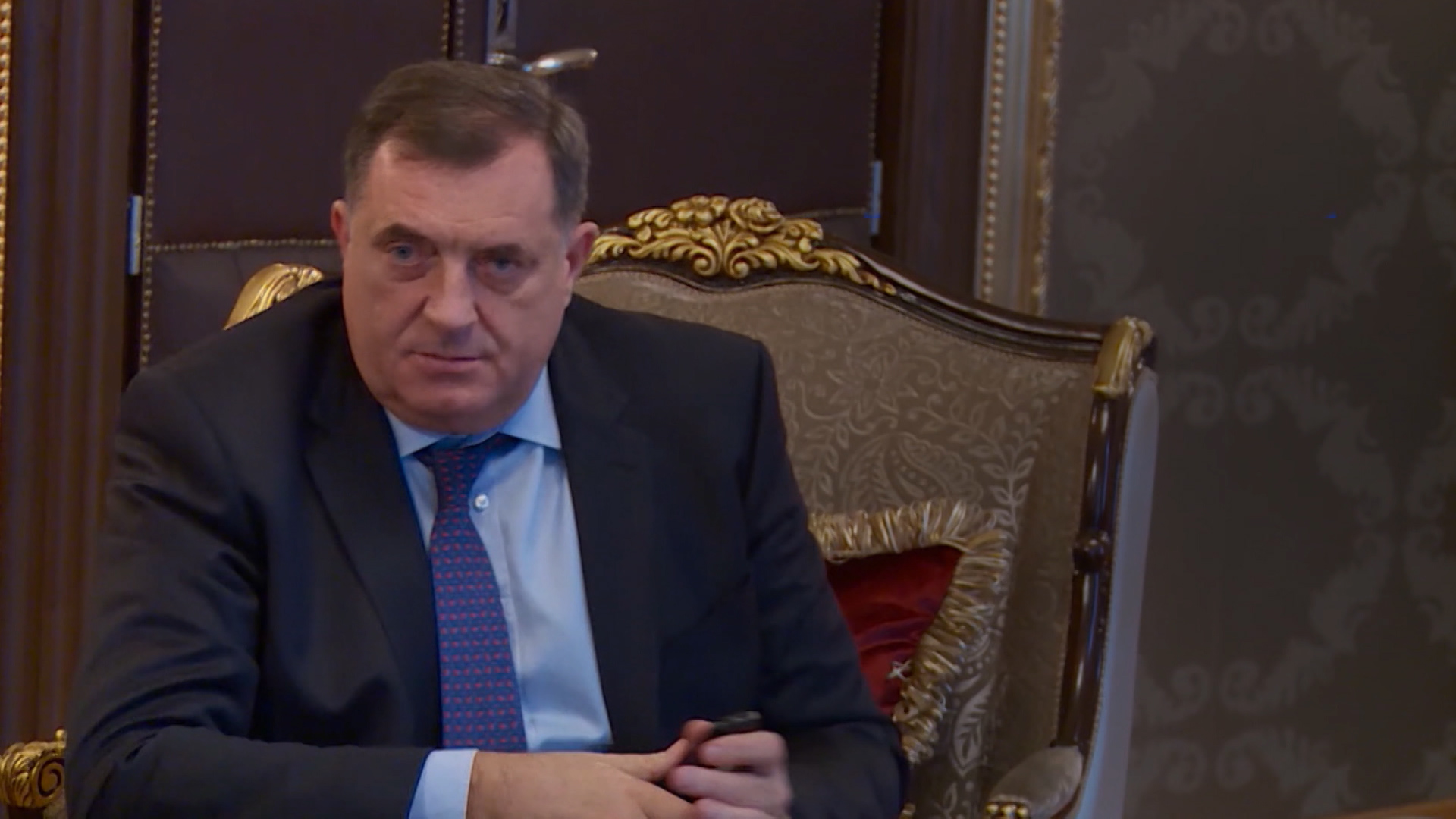
The Serb member of Bosnia’s tripartite Presidency, Milorad Dodik, launched and was the first to sign a petition rejecting the imposition of the law banning genocide denial by the High Representative in the country, as well as expressing the unequivocal position that “no genocide took place in Srebrenica.”
The outgoing High Representative tasked with overseeing the civilian implementation of the 1995 Dayton Peace Agreement in Bosnia, Valentin Inzko, used his special powers on Friday to introduce amendments to the BiH’s Criminal Code which sanction the glorification of war criminals convicted by final and binding judgments, as well as the denial of genocide, crimes against humanity and war crimes.
Dodik, who is also the leader of the ruling party in Bosnia’s Serb-majority Republika Srpska (RS) entity, said that the decision represents the ‘last nail in the coffin’ of Bosnia and Herzegovina. He argued that Inzko’s decision is illegal and that it will “bring a lot of evil” to BiH.
According to Dodik’s domestic policy advisor, Radovan Kovacevic, Dodik is inviting all the citizens of Republika Srpska to sign the petition with which they reject the attempt to “deny the Serb people and all citizens of RS the right to freedom of opinion” as well as to reject “the political manipulations of one part of the West which wants only the Serb people to be characterized as genocidal in Europe.
He emphasised that Inzko "committed this shameful act of imposing such a law on this day, when Austria, where Inzko comes from, sent an ultimatum to the Kingdom of Serbia after the Sarajevo assassination,” - referring to Austria’s July 23, 1914 ultimatum to Serbia following the assassination of Archduke Franz Ferdinand.
“We from the Republika Srpska must not forget that, and we from the Republika Srpska must not agree to this out of principle,” Kovacevic said.
Dodik announced earlier on Friday that a session of the RS National Assembly will take place next week and invited all political parties in the RS to come together and decide on an “institutional response” to the decision.
According to RS President Zeljka Cvijanovic, also a member of Dodik’s Alliance of Independent Social Democrats (SNSD), Inzko’s decision “represents the collapse of democracy and free thought, the collapse of the international community and finally the collapse of BiH.”
She said she is “deeply disappointed, above all, by the hypocrisy of the international community and the fact that there is a so-called protector, an international representative who already functions within BiH outside his mandate and does not do the things he should be doing, but does the things he should not do or was not appointed to do.”
According to Dusanka Majkic, a Serb MP in Bosnia’s House of Peoples, Inzko “took away the right to protect themselves and to justice, as well as the right to speak from Serbs.”
The opposition in the RS also condemned Inzko’s move.
The leader of the Serb Democratic Party (SDS), Mirko Sarovic, said that the ban was “unnecessary,” but argued that the ruling party in the entity “provoked” a situation that resulted in the High Representative using the Bonn Powers.
He said that this is now the most difficult moment in Bosnia and Herzegovina since the early 2000s.
Drasko Stanivukovic, the mayor of Banja Luka from the Party of Democratic Progress (PDP) and a fierce opponent of Dodik, called the ban “a terribly bad move” and said that Inzko behaved “cowardly.”
“Any kind of imposition is not good, if someone imposes an opinion or a view on history on me, it is disastrous and harmful for me. Any kind of coercion in BiH has proven to be very bad for the whole of Bosnia and Herzegovina," he said.
Kakvo je tvoje mišljenje o ovome?
Učestvuj u diskusiji ili pročitaj komentare





 Srbija
Srbija
 Hrvatska
Hrvatska
 Slovenija
Slovenija










